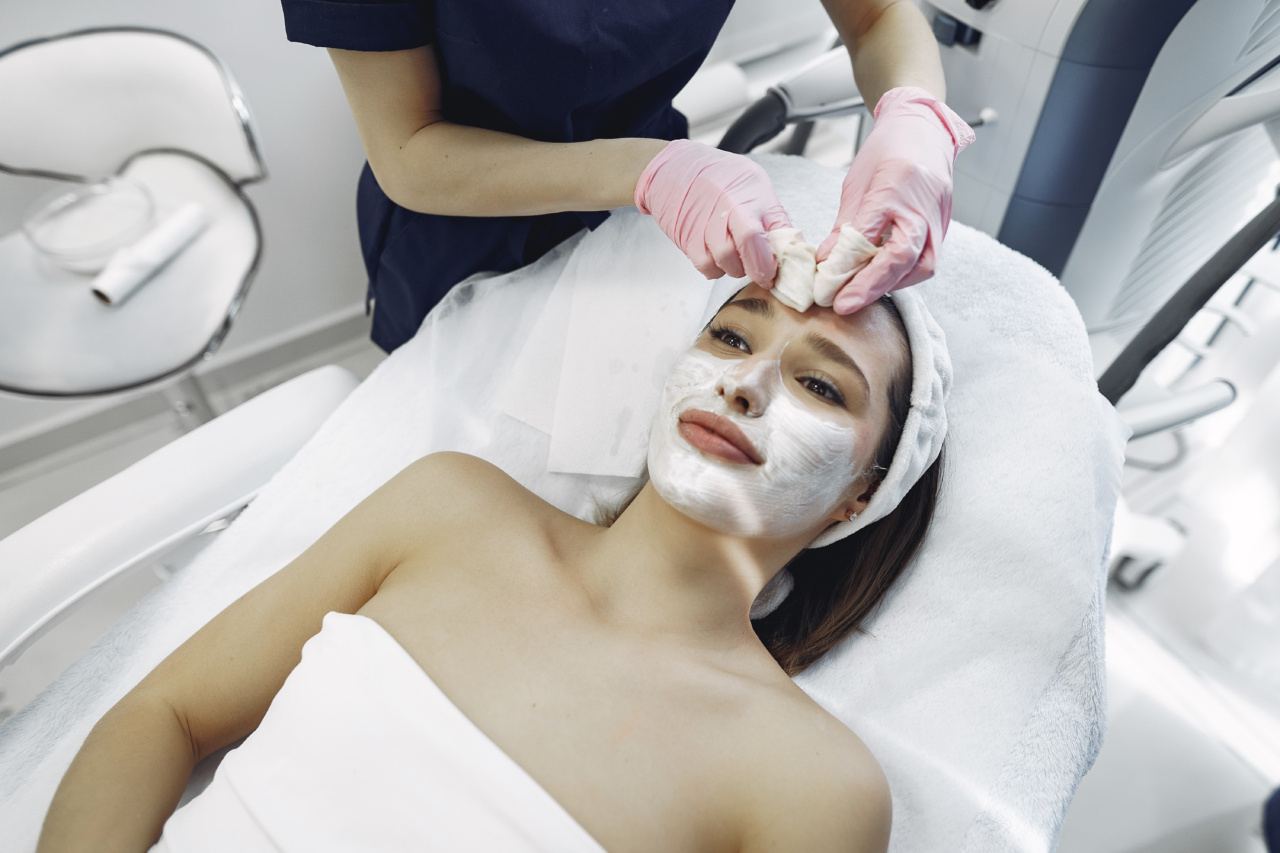Panads, commonly known as melasma, is a skin condition characterized by the appearance of dark patches on the face, particularly on the cheeks, forehead, upper lip, and nose. It is a common problem faced by many individuals, especially women.
While there are several treatment options available, opting for natural remedies is a safe and effective way to lighten the pigmentation and restore the natural radiance of your skin.
The Power of Carrots for Skin Health
Carrots are not only nutritious and delicious vegetables but also possess numerous benefits for the skin.
Rich in vitamins A, C, and E, as well as beta-carotene and antioxidants, carrots nourish and rejuvenate the skin cells, thereby fading the dark patches caused by melasma. When used topically, carrot face masks can effectively reduce pigmentation and promote an even skin tone.
DIY Carrot Face Mask Recipes
Here are a few simple and effective carrot face mask recipes that you can easily make at home to treat panads or melasma:.
1. Carrot and Honey Face Mask
– Grate one medium-sized carrot and blend it into a smooth paste.
– Add two tablespoons of organic honey to the carrot paste and mix well.
– Apply the mixture to your face, focusing on the areas affected by melasma.
– Leave the mask on for 15-20 minutes before rinsing it off with lukewarm water.
– Repeat this process twice a week for noticeable results.
2. Carrot and Lemon Juice Face Mask
– Extract juice from one medium-sized carrot using a juicer or blender.
– Mix one tablespoon of carrot juice with one tablespoon of freshly squeezed lemon juice.
– Apply the mixture to your face using a cotton ball or clean fingers.
– Allow the mask to dry completely before rinsing it off with cold water.
– Use this mask twice a week for best results, avoiding sun exposure immediately after applying lemon juice to the skin.
3. Carrot and Yogurt Face Mask
– Peel and grate one medium-sized carrot.
– Blend the grated carrot with two tablespoons of plain yogurt until a smooth paste is formed.
– Apply the mixture evenly to your face, focusing on the affected areas.
– Leave the mask on for 15-20 minutes before rinsing it off with warm water.
– Repeat this process twice a week for visible improvement in skin pigmentation.
4. Carrot and Papaya Face Mask
– Peel and grate one medium-sized carrot.
– Mash a few pieces of ripe papaya and combine it with the grated carrot.
– Add a tablespoon of honey to the mixture and mix well.
– Apply the mask to your face and leave it on for 15-20 minutes.
– Rinse off with lukewarm water and pat your face dry gently.
– Use this face mask once a week to even out skin tone and reduce melasma patches.
5. Carrot and Turmeric Face Mask
– Grate one medium-sized carrot and mix it with one teaspoon of turmeric powder.
– Add a tablespoon of milk or yogurt to the mixture and stir until a smooth paste is formed.
– Apply the mask to your face, massaging gently in circular motions.
– Allow the mask to sit for 15-20 minutes before rinsing it off with warm water.
– Repeat this process once a week to lighten melasma patches and achieve a glowing complexion.
Precautions and Tips
– Perform a patch test on a small area of your skin before applying any of the carrot face mask recipes to ensure there are no adverse reactions.
– Always use fresh carrots for maximum benefits. Avoid using pre-packaged carrot juice for these masks.
– Be consistent in applying the carrot face masks. Results may vary, and it may take several weeks to notice a significant improvement in melasma.
– Protect your skin from sun exposure by applying sunscreen with a high SPF, wearing hats, and using sunglasses.
– Maintain a healthy lifestyle by eating a balanced diet, getting regular exercise, and drinking plenty of water to support your skin’s health.






























